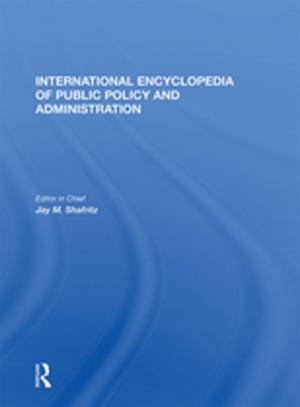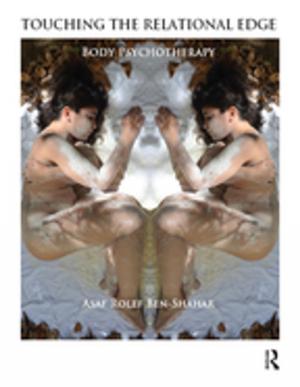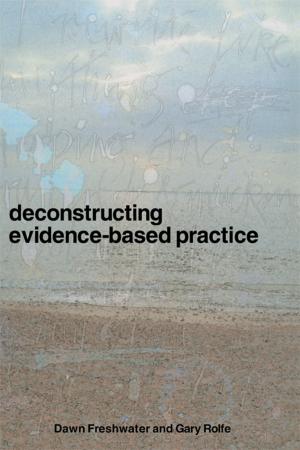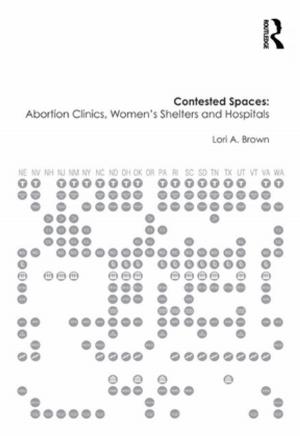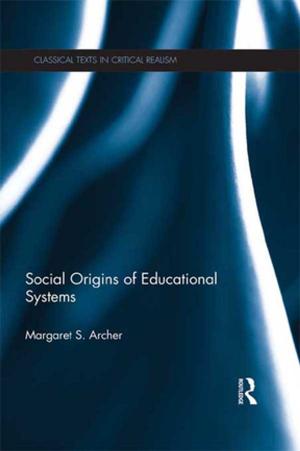A Woman's Voice in Baroque Music: Mariane von Ziegler and J.S. Bach
Nonfiction, Entertainment, Music| Author: | MarkA. Peters | ISBN: | 9781351577861 |
| Publisher: | Taylor and Francis | Publication: | July 5, 2017 |
| Imprint: | Routledge | Language: | English |
| Author: | MarkA. Peters |
| ISBN: | 9781351577861 |
| Publisher: | Taylor and Francis |
| Publication: | July 5, 2017 |
| Imprint: | Routledge |
| Language: | English |
At the end of his second year in Leipzig, J.S. Bach composed nine sacred cantatas to texts by Leipzig poet Mariane von Ziegler (1695-1760). Despite the fact that these cantatas are Bach's only compositions to texts by a female poet, the works have been largely ignored in the Bach literature. Ziegler was Germany's first female poet laureate, and the book highlights her significance in early eighteenth-century Germany and her commitment to advancing women's rights of self-expression. Peters enriches and enlivens the account with extracts from Ziegler's four published volumes of poetry and prose, and analyses her approach to cantata text composition by arguing that her distinctive conception of the cantata as a genre encouraged Bach's creative musical realizations. In considering Bach's settings of Ziegler's texts, Peters argues that Bach was here pursuing a number of compositional procedures not common in his other sacred cantatas, including experimentation with the order of movements within a cantata, with formal considerations in arias and recitatives, and with the use of instruments, as well as innovative approaches to Vox Christi texts and to texts dealing with speech and silence. A Woman's Voice in Baroque Music is the first book to deal in depth with issues of women in music in relation to Bach, and one of the few comprehensive studies of a specific repertory of Bach's sacred cantatas. It therefore provides a significant new perspective on both Ziegler as poet and cantata librettist and Bach as cantata composer.
At the end of his second year in Leipzig, J.S. Bach composed nine sacred cantatas to texts by Leipzig poet Mariane von Ziegler (1695-1760). Despite the fact that these cantatas are Bach's only compositions to texts by a female poet, the works have been largely ignored in the Bach literature. Ziegler was Germany's first female poet laureate, and the book highlights her significance in early eighteenth-century Germany and her commitment to advancing women's rights of self-expression. Peters enriches and enlivens the account with extracts from Ziegler's four published volumes of poetry and prose, and analyses her approach to cantata text composition by arguing that her distinctive conception of the cantata as a genre encouraged Bach's creative musical realizations. In considering Bach's settings of Ziegler's texts, Peters argues that Bach was here pursuing a number of compositional procedures not common in his other sacred cantatas, including experimentation with the order of movements within a cantata, with formal considerations in arias and recitatives, and with the use of instruments, as well as innovative approaches to Vox Christi texts and to texts dealing with speech and silence. A Woman's Voice in Baroque Music is the first book to deal in depth with issues of women in music in relation to Bach, and one of the few comprehensive studies of a specific repertory of Bach's sacred cantatas. It therefore provides a significant new perspective on both Ziegler as poet and cantata librettist and Bach as cantata composer.

